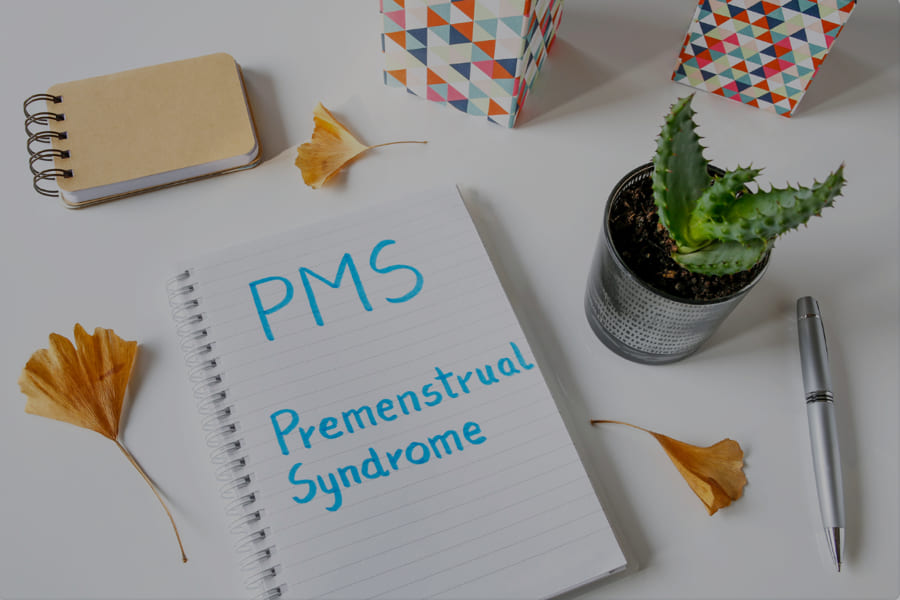
PMS/PMDD
Premenstrual syndrome (PMS) is a variable collection of physical and psychological symptoms that occur 1-2 weeks before menstruation. Dramatically changing levels of estrogen and progesterone between ovulation and menstruation are thought to be the cause of PMS. Symptoms include, but are not limited to, cramping, breast tenderness, headaches, acne, mood changes, insomnia, changes in appetite, muscle aches, bowel changes and fatigue.
Premenstrual Dysphoric Disorder (PMDD) is a psychiatric diagnosis that often gets missed in women who are told its normal to have mood changes before their period. Mood changes can be so severe that they include panic attacks and suicidal ideations and occur only during the luteal phase. Proper assessment and tracking is important for both PMS and PMDD.
Treatments for PMS/PMDD:
- lifestyle changes (nutrition, movement, sleep optimization, stress management)
- botanical medicines
- nutraceuticals
- collaboration with MD if necessary
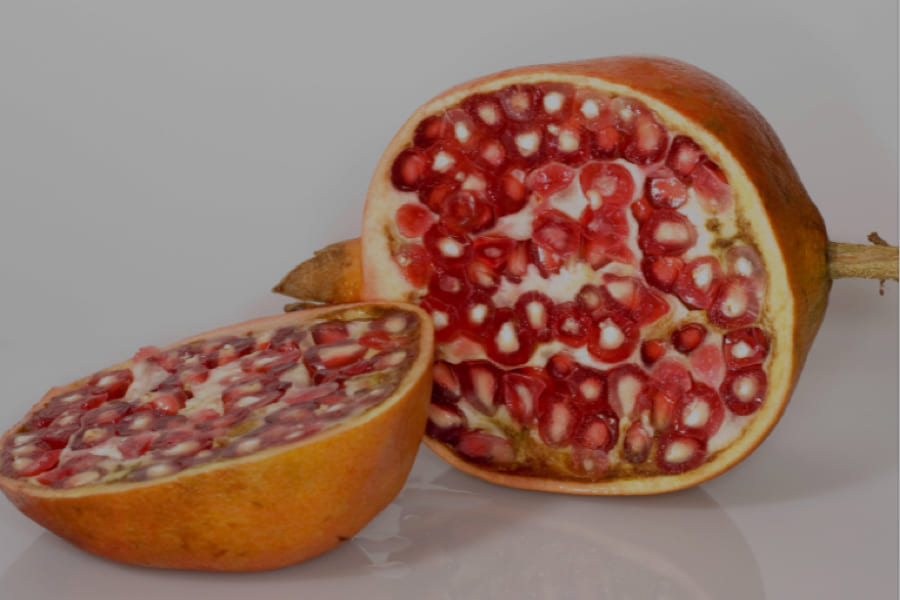
Polycystic Ovarian Syndrome (PCOS)
It is still not 100% known what causes PCOS. A current theory is that PCOS develops due to a mix of genetics, inflammation and insulin resistance. Chronically elevated insulin increases the amount of luteinizing hormone (LH) and down regulates sex hormone-binding globulin which both increase androgens (eg. testosterone).
These elevated androgens cause acne, hair loss, and hair growth on the face, chest and back. Other hormonal changes can include decreased FSH, elevated estrogen, thyroid dysfunction and cortisol imbalance which worsen irregular cycles, contribute to cysts on ovaries and along with inflammation, can worsen egg quality making fertility a challenge.
PCOS Assessment and Treatment Includes:
- Updated Bloodwork
- Nutritional recommendations (don’t worry- I won’t make you go keto)
- Exercise, sleep and stress management recommendations
- Targeted mineral and herbal supplements for your PCOS type (adrenal, blood sugar balancing, anti-inflammatory etc)
- Acupuncture
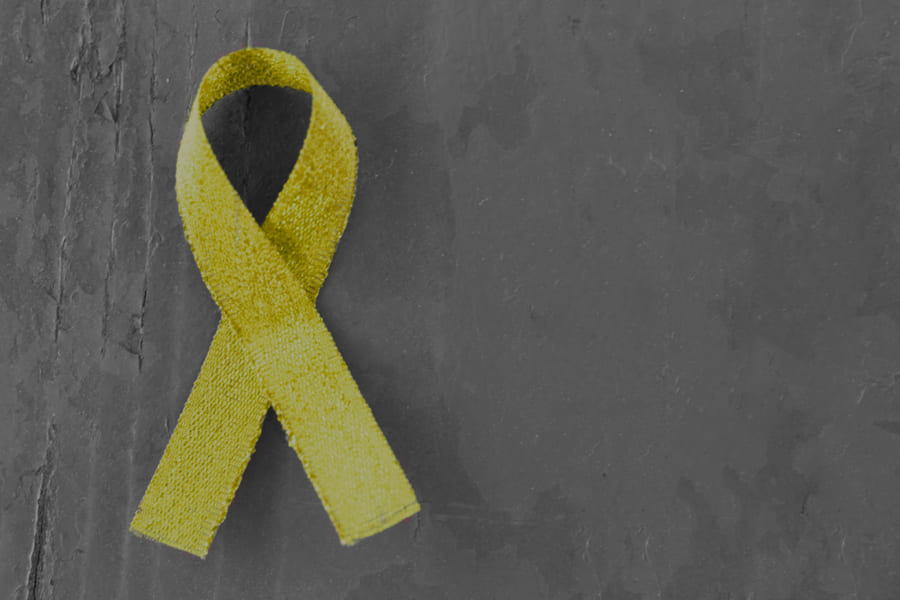
Endometriosis
It is not 100% known what causes endometriosis but a combination of genetics, immune function, liver/gut health, stress, environmental toxins, and hormones likely contribute to disease development.
Endometriosis is when endometrial tissue normally found in the uterus implants outside of the uterus. Endometrial tissue that has gotten outside of the uterus should be eliminated by a properly functioning immune system but stress, genetics, and poor nutrition can negatively impact immune function so the retrograde uterine tissue is able to implant.
While some parts of the immune system are suppressed, other immune components are shown to be chronically activated in patients with endometriosis. The excess inflammation from the immune system activation is thought to contribute to pain and infertility concerns.
Elevated estrogens have a strong correlation with impaired immune function and also stimulate endometrial tissue growth- further worsening endometriosis symptoms. Poor liver function, genetics, constipation/gut health, and environmental toxins can all increase estrogens.
If this sounds overwhelming it’s because it is. The intake is really important with endometriosis patients to be able to assess which systems (immune, liver, gut, stress, hormones) are in need of treatment first.
Treatments for Endometriosis:
- Nutrition, sleep, and stress management recommendations
- Immune modulating antioxidants
- Pain and heavy menstrual cycle botanical support
- Digestive support
- Fertility support
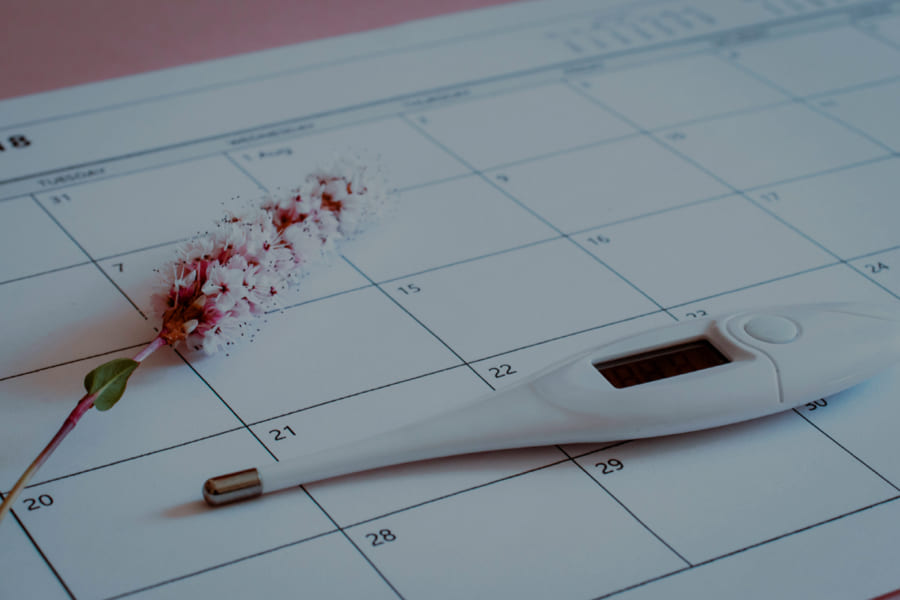
Infertility
1 in 6 couples in Canada experience infertility. Infertility is an inability to conceive after 12 months of trying in women under 35 years old and 6 months of trying in women 35 years old and older. Patient history and diagnostic testing are important in infertility cases to rule out pelvic/structural factors (pelvic inflammatory disease, endometritis, etc) and/or ovulatory/hormonal factors (pcos, premature ovarian failure, etc). Male causes account for 19-35% of infertility, so if you have a male partner it is important to have him assessed as well. The mental toll infertility can take on patients should not be left unaddressed, so I aim to keep treatment plans simple to not add additional stress while providing realistic timelines.
Infertility Assessment and Treatments:
- Bloodwork and co-ordination with MD/fertility clinic
- Nutrition and stress management recommendations
- Botanical medicine
- Vitamins and minerals
- Acupuncture
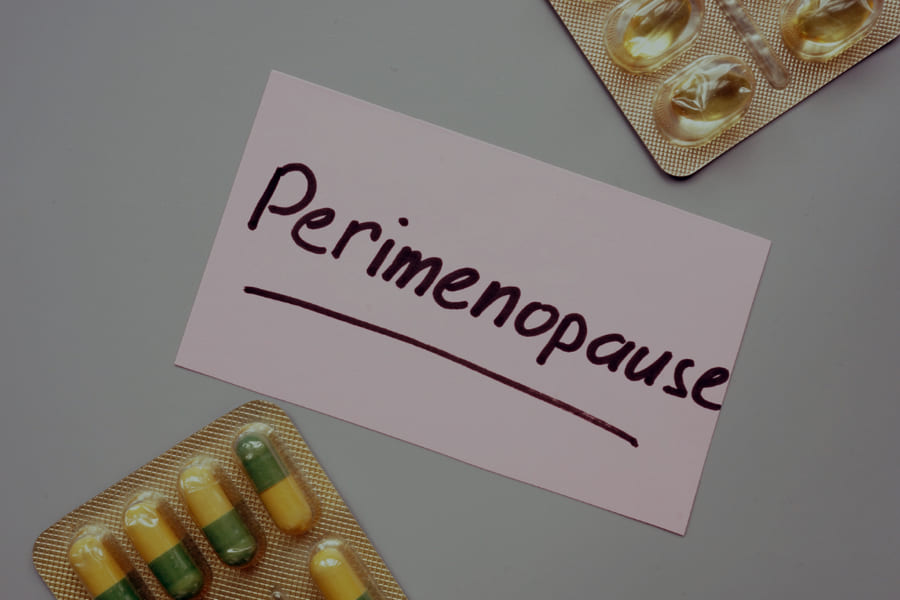
Perimenopause
Although it is a normal process of aging, the transition from reproductive years is not always smooth. Perimenopausal symptoms can occur for years before menstruation fully ceases. Symptoms of perimenopause often include menstrual cycle variations in length and flow (getting your period every 2 weeks or skipping months at a time), insomnia, acne, mood swings, hot flashes and weight gain. Symptoms occur due to a decline in ovarian eggs and drops in progesterone and eventually estrogen. While menopause is not a disease to be cured (we aren’t getting your cycles back), improving symptoms to improve your quality of life is still important.
Discussion of prevention of future health risks with perimenopausal patient is also important. After menopause risk of cardiovascular disease, depression, bone loss and insulin resistance increase but with lifestyle interventions and proper monitoring the risk can be decreased.
Perimenopause/menopausal treatments:
- Nutrition, exercise and sleep recommendations
- Stress management
- Botanicals
- Acupuncture
- Bio-identical hormones
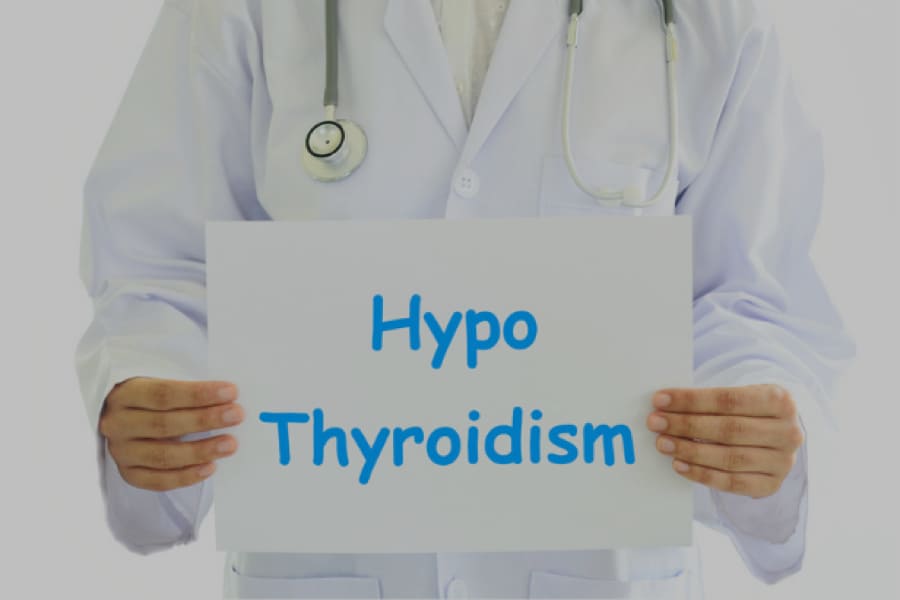
Hypothyroidism (Hashimotos)
Whether you have overt hypothyroidism or just elevated thyroid antibodies, naturopathic medicine is excellent at supporting patients through thyroid disease. Common symptoms of decreased thyroid function include low energy, hair loss, weight gain, skin and nail changes, menstrual cycle changes, brain fog and many more. Taking levothyroxine and not seeing improvement in your symptoms? By optimizing your immune system, nutrients and blood sugar we can improve the benefits of conventional thyroid treatments. As a naturopathic doctor with prescribing rights in Ontario, I am able to prescribe desiccated thyroid when appropriate.
Treatments for Hashimoto’s thyroiditis:
- Updated blood work
- Minor lifestyle changes in regards to nutrition and exercise
- Supplementation for low nutrients and anti-oxidant support
- Fertility support
- Weight management support
- Desiccated thyroid

